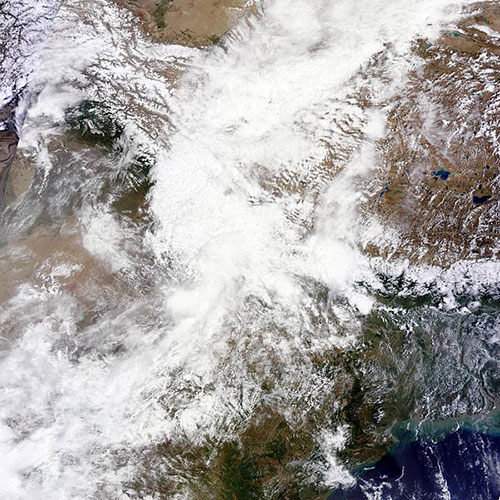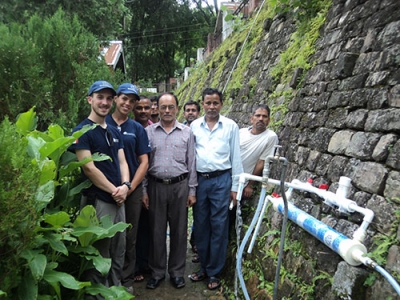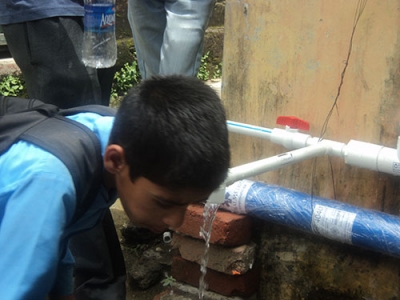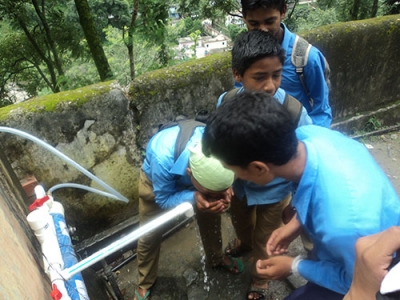
In June 2013, a multi-day cloudburst centered on the North Indian state of Uttarakhand caused devastating floods and landslides becoming the country’s worst natural disaster since the 2004 tsunami.The reason the floods occurred was that the rainfall received was on a larger scale than the regular rainfall the state usually received. The debris blocked up the rivers, causing major overflow.The main day of the flood was June 16, 2013. Though some parts of Himachal Pradesh, Haryana, Delhi and Uttar Pradesh in India experienced the heavy rainfall, some regions of Western Nepal,
and some parts of Western Tibet also experienced heavy rainfall, over 89% of the casualties occurred in Uttarakhand. As of 16 July 2013, according to figures provided by the Government of Uttarakhand, more than 5,700 people were “presumed dead.” This total included 934 local residents.
Destruction of bridges and roads left about 300,000 pilgrims and tourists trapped in the valleys leading to three of the four Hindu Chota Char Dham pilgrimage sites.The Indian Air Force,the Indian Army, and paramilitary troops evacuated more than 110,000 people from the flood ravaged area.




